I'm selfish. I want you all to myself
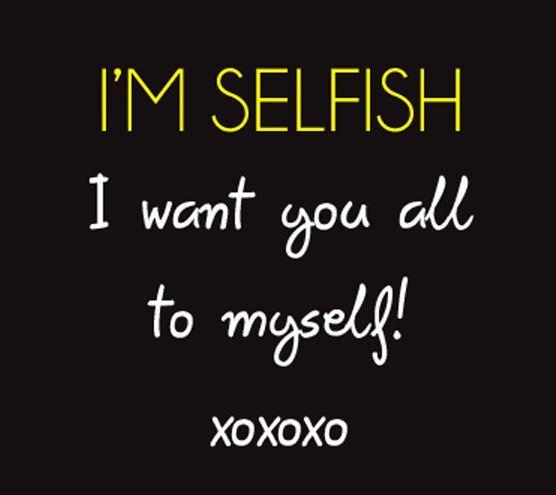
I'm selfish. I want you all to myself
When someone says, "I'm selfish. I want you all to myself," it can evoke a range of emotions and interpretations. On one hand, it may come across as possessive and controlling, suggesting a desire to dominate and restrict the other person's freedom. On the other hand, it could be seen as a declaration of deep love and devotion, a longing to be the sole focus of the other person's attention and affection.In the context of "I want you," this statement can be both flattering and concerning. It can be flattering because it shows that the person saying it values and cherishes the relationship they have with the other person. They want to be the center of their world, the one they turn to for comfort, support, and companionship. This desire for exclusivity can be seen as a sign of commitment and dedication to the relationship.
However, this statement can also be concerning because it may indicate possessiveness and a lack of respect for the other person's autonomy. Wanting someone "all to yourself" can be a red flag for controlling behavior and a disregard for the other person's individuality and independence. It can create a sense of suffocation and pressure in the relationship, leading to feelings of resentment and frustration.
Ultimately, the key to navigating this statement in a healthy way is communication and boundaries. It's important for both partners to openly discuss their needs, desires, and expectations in the relationship. Setting boundaries and respecting each other's autonomy is crucial for maintaining a healthy and balanced dynamic. It's also important to recognize that love is not about possession or control, but about mutual respect, trust, and support.
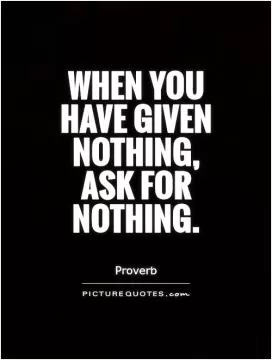
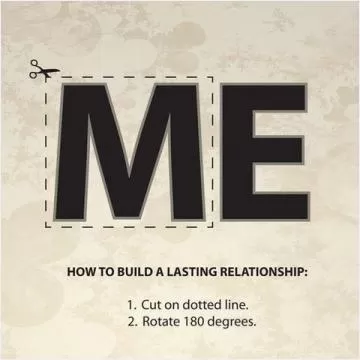
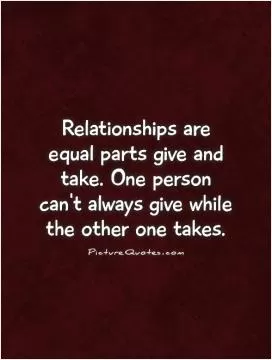
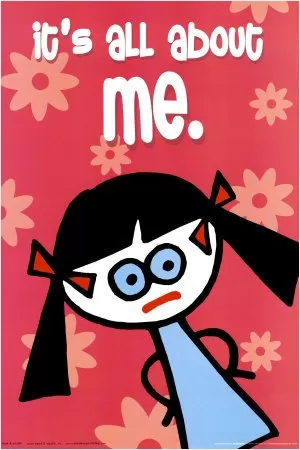
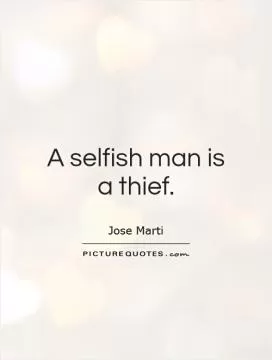

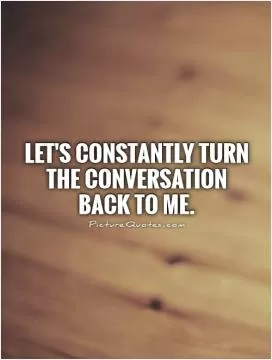
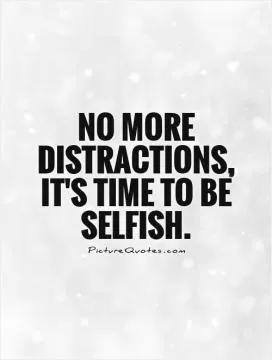




 Friendship Quotes
Friendship Quotes Love Quotes
Love Quotes Life Quotes
Life Quotes Funny Quotes
Funny Quotes Motivational Quotes
Motivational Quotes Inspirational Quotes
Inspirational Quotes